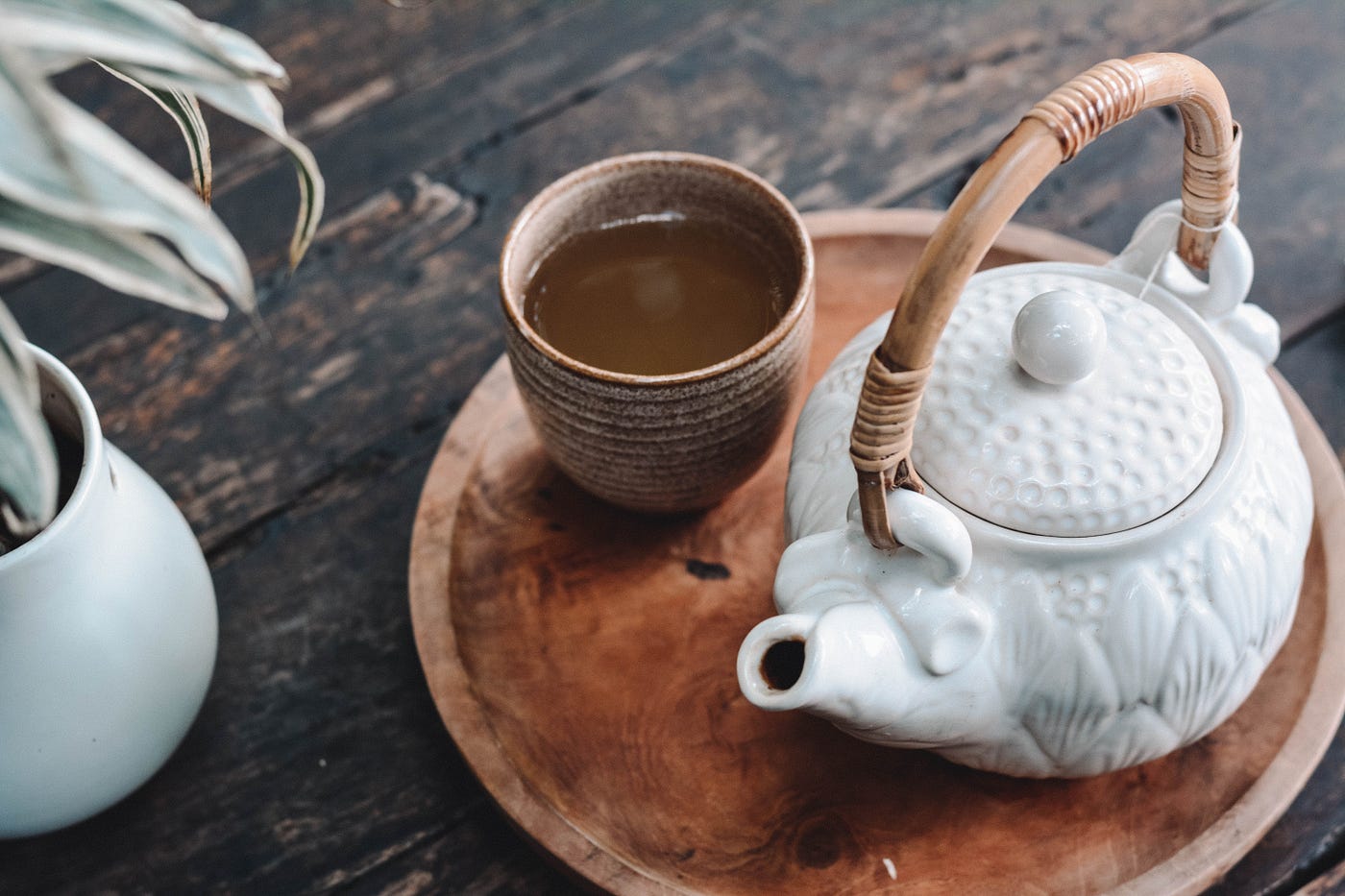- Unlike the more aggressive caffeine in coffee, the gentle nudge of caffeine in tea provides a balanced lift, enhancing alertness without the jitters or crashes.
Tea, a beverage beloved worldwide, has transcended cultural boundaries and become an integral part of societies. Beyond its simple infusion of leaves and hot water, tea carries many effects that extend far beyond its comforting embrace.
From physical health to mental well-being, tea's impact is profound and diverse.
The following is how tea positively influences our bodies and minds:
1. A Boost for Physical Health
Tea emerges as a subtle yet powerful ally in promoting physical well-being. The antioxidants found in tea, especially in green and black varieties, are renowned for their ability to combat oxidative stress within the body.
This has been linked to various health benefits, including bolstering the immune system and reducing the risk of chronic diseases. Unlike the more aggressive caffeine in coffee, the gentle nudge of caffeine in tea provides a balanced lift, enhancing alertness without the jitters or crashes.
2. A Sanctuary of Calm
Delving into the psychological realm, tea is a ritualistic tranquillity conduit. Brewing and sipping tea offers a meditative pause in our hectic lives. Whether enjoyed in contemplative solitude or shared moments of connection, tea fosters a sense of mindfulness.
L-theanine, a unique amino acid found in tea, is believed to have calming effects on the brain, promoting relaxation without inducing drowsiness.
3. Cultural Significance and Connection
The cultural significance of tea is undeniable. Originating in China, it has evolved into a global symbol of refinement and hospitality. Each culture has woven its narrative around this beverage, from the English afternoon tea to the Japanese tea ceremony.
Tea becomes a drink and a shared experience, a bridge connecting diverse traditions and fostering understanding among individuals.
4. Moderation and Balance
As with any elixir, moderation is key when consuming tea. Excessive tea consumption, especially of highly caffeinated varieties, may lead to side effects such as insomnia or digestive issues.
Additionally, while the social ritual of tea is significant, it should not overshadow the importance of maintaining a well-balanced diet and lifestyle.












